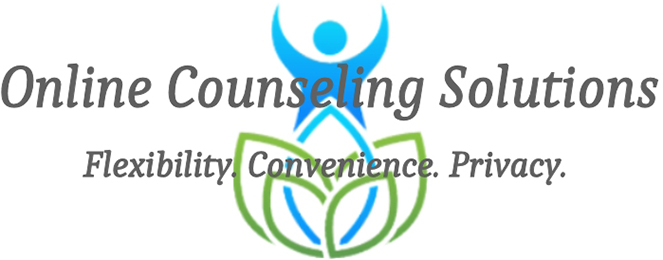Panic attacks can be overwhelming and distressing, affecting millions of people worldwide. When faced with such intense anxiety, individuals may find solace in the power of effective self-talk. Self-talk is the internal dialogue we have with ourselves, and by learning to harness its potential, individuals can reduce the severity and frequency of panic attack symptoms. In this article, we will explore the importance of positive self-talk and its role in calming the mind during panic attacks.
Understanding Panic Attacks
Panic attacks are sudden surges of intense fear or discomfort, often accompanied by physical symptoms such as rapid heart rate, sweating, trembling, and shortness of breath. These attacks can be triggered by stress, trauma, or specific phobias. Often, individuals facing panic attacks experience negative self-talk, where their inner voice catastrophizes the situation, reinforcing their fear and exacerbating the symptoms.
The Impact of Self-Talk on Panic Attacks
The way we talk to ourselves can significantly influence our emotions and reactions. Negative self-talk can fuel panic attacks, leading to a vicious cycle of heightened anxiety. Conversely, employing positive self-talk can have a calming effect on the mind and body, interrupting the panic cycle and promoting a sense of control and security.
When we start to think about our thinking we can make a choice over the thoughts that we think. This is called metacognition. I like Merriam-Webster’s definition of metacognition: awareness or analysis of one’s own learning or thinking processes.
Techniques for Effective Self-Talk during Panic Attacks:
- Acknowledge the Panic: Instead of denying or trying to suppress the panic, acknowledge its presence. Recognize that it is a natural response to stress and that it will pass.
- Challenge Negative Thoughts: When negative thoughts arise, question their validity. Ask yourself if there is evidence to support these thoughts or if you are catastrophizing the situation. An example of such a question is: Is this thought really true? Replace these thoughts with more balanced and realistic affirmations.
- Use Calming Affirmations: Develop a list of calming affirmations that resonate with you. Repeat them during a panic attack to counteract the negative thoughts. Examples include “I am safe,” “This too shall pass,” and “I can handle this.” “These symptoms will start to fade in 5 minutes”
- Focus on Breathing: Concentrate on your breathing during a panic attack. Deep, slow breaths can help regulate your heart rate and bring a sense of calmness.
- Visualize Peaceful Scenes: Practice visualization by picturing yourself in a serene and safe environment. Immerse yourself in the details of this mental scene to divert your attention from the panic.
- Practice Mindfulness: Ground yourself in the present moment by practicing mindfulness. Observe your thoughts and emotions without judgment, letting them come and go like passing clouds.
- Be Kind to Yourself: Avoid self-criticism and be compassionate toward yourself. Remember that experiencing panic attacks does not define your worth or strength as an individual.
Effective self-talk can be a powerful tool in managing panic attack symptoms. By challenging negative thoughts, incorporating positive affirmations, and practicing mindfulness, individuals can gain greater control over their panic responses. However, it is essential to remember that overcoming panic attacks may require professional support, and seeking help from a mental health professional is crucial for those experiencing severe or persistent symptoms.
The recovery process from panic attacks often involves a combination of psychotherapy and, in some cases, medication. Cognitive-behavioral therapy (CBT) is one of the most effective forms of therapy for panic disorder, helping individuals identify and change negative thought patterns and behaviors that contribute to panic attacks. Medications such as selective serotonin reuptake inhibitors (SSRIs) or benzodiazepines may be prescribed to alleviate symptoms and facilitate the recovery process.
With patience, practice, and a nurturing internal dialogue, individuals can gradually reduce the impact of panic attacks and embark on a path towards emotional well-being.

